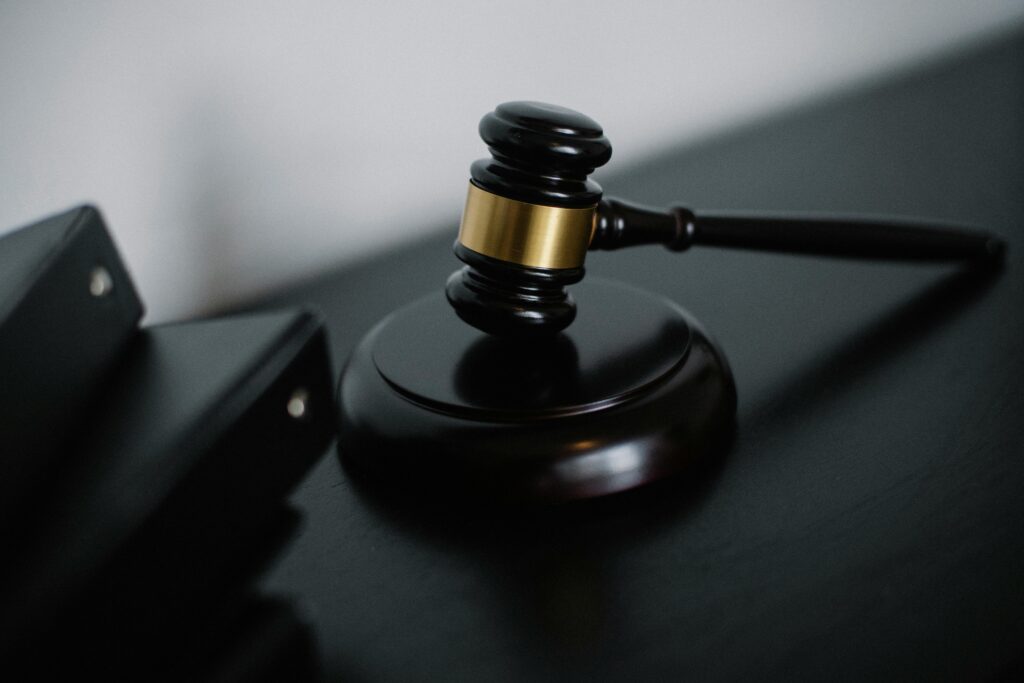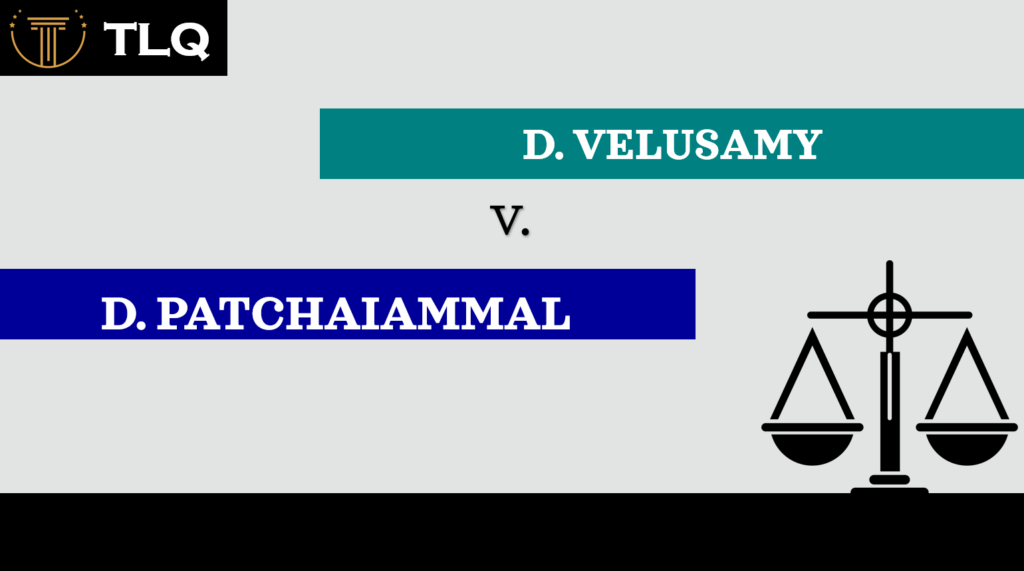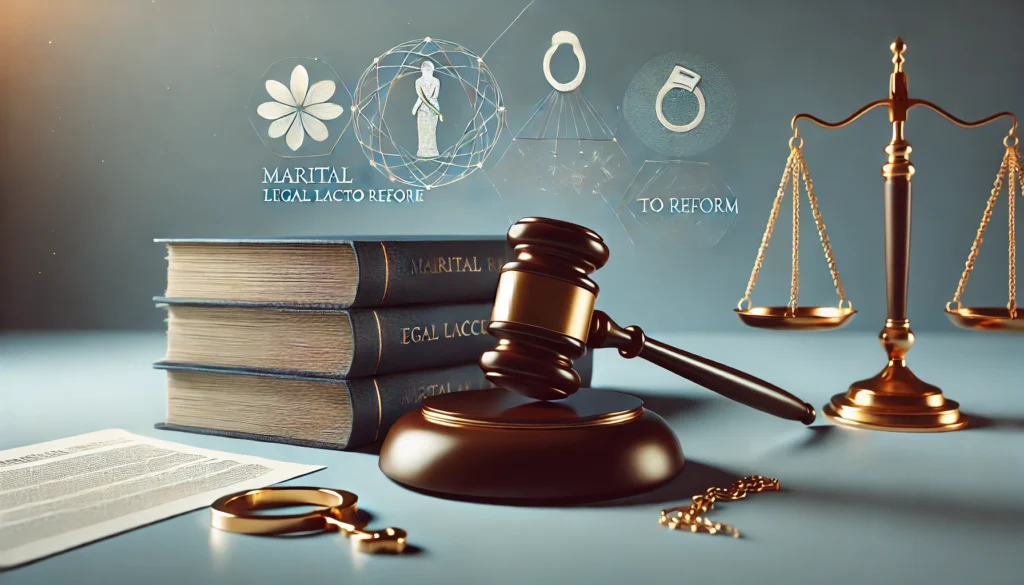Published On: 18th February, 2024
Introduction
The case “Mayor of Bradford v. Pickles” discusses the principle of Damnum sine injuria. The case was taken in the House of Lords, United Kingdom. The English rule was neatly explained in the judgment, which states, “ bad motive does not make wrongful an act otherwise legal.”[1] Damnum Sine injuria refers to the concept of damage caused without any legal harm, which does not need any compensation.
As this case and the rule come under the law of torts, the interpretation can vary from one jurisdiction to the other. This case also discusses the landowner’s rights, i.e., property rights.
Research objectives
- To understand the court’s interpretation of Damnum sine injuria as a rule and how the judgment was enforced.
- To analyze the similar cases comparatively fought and how the legal context changes under different situations.
Facts of the case
The facts of the case are such that under statutory powers, the appellants took the undertaking of a corporation created by the statute 1842 under the same title as Bradford Waterworks Company. The undertaking thus taken was done under an act passed in 1854 with some privileges and rights and a piece of land called Trooper Farm for the purposes of the undertaking. Now, the respondent has elevated land, which is on a higher level and is west of the boundary of Trooper Farm. Due to this elevation and gravitational force, the subterranean water under the respondent’s land flows to the Trooper farm, which the company used to supply for the operations of Bradford, hence making profits. The two sources from which water was obtained were Many Wells, a large spring, and Watering Spot.
Then, in 1892, the respondent began to “sink a shaft” under his land, which eventually changed the direction of the flowing water to some extent, blocking its way to the Trooper Far, which caused loss to the corporation. The reason behind the action done by the respondents was stated as “working for his minerals.” It was a well-established fact that there was no legal right or interest of the corporation or the appellants on the respondent’s land from where the water was exploited to make profits. Even then, the appellants filed a suit against the respondent to urge him to stop sinking the shaft as it was injuriously affecting their work. They gave the reason that the respondent had malicious intent behind his action and the shaft was put due to bad intent of causing loss to the corporation.
Procedural History
In the case, “ Mayor Bradford v. Pickles,”[2] the decision was given by the House of Lords, United Kingdom, and the appeal was dismissed with costs. House of Lords is “ the highest court of the land and the supreme court of appeal”[3]. The case was decided on 24th July 1895. The honorable bench of judges includes Lord Halsbury L.C., Lord Watson, Lord Ashbourne, and Lord Macnaghten.
The solicitors on the side of appellants include Woodcock and Ryland. & Parker, for Tweedale, Sons & Lees, Oldham. The solicitors on the respondent’s side include Norris, Allens & Chapman, for G. Jackson, Rochdale.
Legal Issue
- Whether under the law of torts, the respondent is responsible for alternating the flow of water when he sank a shaft which caused loss to the Bradford Corporation.
- Whether the rights of the landowner, here, the respondent, are limited on his own land when he is working with evil intent.
Rule of law
- The Act of 1854, section 49
- The Act of 1842, section 234( certain elements of his act were taken in the act of 1854 as it ceased to be applicable)
- The Waterworks Clauses Act 1847, section 14
Cases referred
- Chasemore v. Richards[4]– it is known as a landmark judgment in the area of Damnum sine injuria under the law of torts, where it was held that a person has the right to perform the duties on their land until and unless he has the legal entitlement of the land even if it sometimes causes loss to the opposite party or a neighbor. The action is reasonable with “a little injury caused to his neighbor’s rights.”
- Smith v. Kenrick – Like the above decision, this also refers to the intention behind committing a particular act that should be reasonable.
- Mogul Steamship Co. v. Macgregor, Gow & Co. – In this case, it was again held that a man’s action is justified till he has ownership of the property. “But such legal justification would not exist where the act was merely done with the intention of causing temporal harm, without reference to one’s own lawful gain or the lawful enjoyment’s of one’s own rights.”
Analysis
In the given case, despite the fact that the respondent gave the reason for diverting the water for his minerals, the appellants were sure he was not using it for a reasonable purpose and that there was malicious intent to injure the profits made by the corporation. The appellants also presented the excuse mentioned by the respondent when they asked to stop him from sinking the shaft. The respondent made a demand to the corporation to either pay him the money for the water quantity used by the corporation or they should buy the land from which water was percolating from him.
- According to Section 49 of the Act of 1854, “ It shall not be lawful for any person other than the company to divert alter or appropriate in any other manner than by law they may be legally entitled.” “Any of the waters” supplied or flowing. Also, the provision states, “If any person shall illegally divert, alter or appropriate the said waters or any part thereof, or sink any such well or pit, or shall do any such act, matter, or thing whereby the said waters shall be drawn off or diminished in quantity.” have to pay the company five pounds on a daily basis as a compensation.
One more point which becomes necessary to add is that the corporation was supplying water to the town for forty years following the Act of 1854. Hence, the corporation’s claim to refrain the respondent from acting adversely stands justified to them.
- On the other side, the general interpretation of the Act was made, and it was led that there were two points to be discussed.
- First, the respondent had the land rights, and so on, the percolating water; he had the legal entitlement.
- Second, there was no illegal water use practiced by the respondent.
Besides these two interpretations, it was also stated that the respondent had a right on his land to do anything he wanted, which was absent in the appellants’ case. Also, when the respondent owns the land and changes his property, there is no question of checking his malicious intention.
Final Verdict
It was held in the case, “No use of property which would be legal if due to a proper motive can become illegal because it is prompted by a motive which is improper or even malicious.”
In other words, until the respondent owns the land, he can take any reasonable actions there, even if it does little harm to the neighbor.
Conclusion
This case study explains the importance of property rights and the enjoyment of ownership rights without interference. The case is referred to in many Indian judgments. Due to the uncodified nature of the law of torts, it becomes challenging for the court to interpret the laws. Still, with appropriate skills and by applying knowledge of the essential components needed, one can arrive at a correct decision.
Opinions
- In my opinion, the judgment taken by the House of Lords in the given case stands justified, as no legal right was harmed on the side of the corporation.
- The respondent was a lawful owner of the land and, therefore, of the underground owner, and hence, it would enjoy his property without any interference.
- The corporation has undertaken the corporation from an established Act, which doesn’t give them the right over someone else’s property. Hence, to use the water lawfully, they should pay the respondent or buy the land instead.
- While deciding upon the cases of torts, judges should refer to past decisions connected to the same, as was done in this case. Hence, the judgment delivered was an accurate interpretation.
Bibliography
Legal Database
- SCC online https://www-scconline-com.eu1.proxy.openathens.net/Members/SearchResult.aspx, Assessed on 1st Janunuary 2024.
- Manupatra https://www-manupatrafast-in.eu1.proxy.openathens.net/pers/Personalized.aspx, Assessed on 31st December 2023.
Articles and commentaries
- Elspeth Christie Reid. The University of Toronto Law Journal 54, no. 3 (2004): 365–68. http://www.jstor.org/stable/4144938. Assessed on 31st December 2023.
Reference(s):
[1] The University of Toronto Law Journal, Vol. 54, No. 3 (Summer, 2004), pp. 365-368 (4 pages)
[2] Mayor of Bradford v. Edward Pickles,1895
[3] House of Lords – JUDICIAL WORK
[4] Chasemore v. Richards,1859




